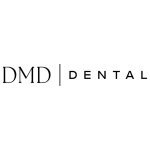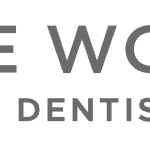
Oral Cancer Is No Match for a Healthy Oral Microbiome
Fostering a healthy oral microbiome can fight oral and other cancers. That’s nothing to say for its benefits on cavities, root canal infections, and gum disease. Your friendly bacteria protect you from disease, fight tumors, cool off inflammation, and boost your immune system.
Who wouldn’t want this army of microscopic warriors on their side?!
In this two-part blog, you will learn that cancers can be caused by bacteria, viruses, ...
Read More







